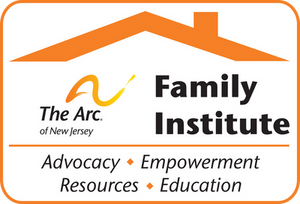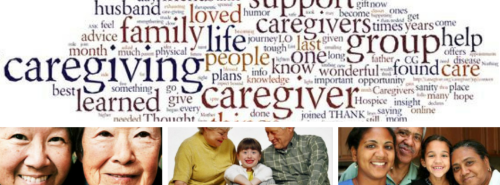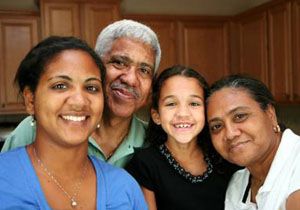In Your Words
The month of November is recognized as National Family Caregivers Month. It is a time when we thank, support, educate, empower and show appreciation for the dedication our family caregivers provide. So we asked the question, what does it mean to you to be a family caregiver?
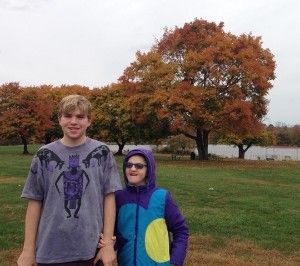
(Left) Vann Adrian-Hage (Right) Annika Adrian-Hage
As parents of a child with I/DD, Odette, my wife, and I try to give Annika lots of encouragement, hope and love by telling her “We believe in you.” It’s the four words we all love and need to hear. Annika, we believe in you and you're a good person, you’re special, and you're helpful. You deserve to be included in every part of life. You deserve love, friends and dreams. You deserve to go to school, to the park, to swim, to dance, do Zumba, play baseball, to work and to have a loving place to call home. You deserve the opportunities everyone else has. We want Annika to know she is not just a problem society needs to throw money at to fix, but rather an important person who is valued for who she is and what she can contribute. We believe in Annika and her future.
Robert Hage, Parent

Eric Nivison preparing to leave for the beach with his family.
While being a parent comes with many joys, being a caregiver for a child who has significant developmental disabilities (DD) is also a relentless and exhausting 24x7 job. For the last 26 years, EVERYTHING my son has worn, drank, eaten or done was orchestrated by my husband or myself. Eric requires constant assistance, aka he needs someone to perform for him, all his ADLs (Activities of Daily Living). From the moment we lift him from his bed in the morning until the moment we physically lay him down to sleep at night, he requires assistance.
Lisa Nivison, Parent

Being a caregiver means working hard to meet my son’s needs and help him reach his potential. This isn’t something a family can do alone; government support is crucial. My son has a paid job and contributes to the community, but he needs a job coach, transportation, and other services so that he can become increasingly independent. For me, part of being a caregiver is working with organizations like The Arc of New Jersey to help other families find the resources they need, and advocating for social and legal changes to benefit all people with disabilities.
Sally, Parent
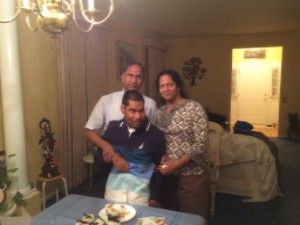
As a caregiver to Suhas,
- It means making sure all his day-to-day needs are met 24/7, 365 days a year
- It means waking up in the middle of the night, sometimes 2 or 3 times to make sure he is okay.
- It means lifting him up sometimes to do ADL's.
- It means taking him to doctor's offices when he is sick and making sure he gets his medications in a timely manner.
- It means taking him to therapy a couple of times a week.
- It means taking him out into the community so that he can socialize with his peers by pushing his wheelchair.
- It means working with day program providers to make sure services are offered to him.
- It means proper dietary recommendations are followed.
- It means not being able to take days off or breaks to recuperate from all the tiredness.
Radhika Dukkipati, Parent
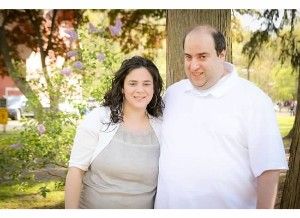
My role as a sibling may be different than my parents, but it is equally important. As a child I would help my older brother Adam with some of his activities of daily living. This could include preparing a simple lunch or dinner if my parents were not home, or helping him get ready for bed by giving him verbal prompts to brush his teeth or put on his pajamas. When he had tantrums I would try to assist my parents in calming him down. Most importantly, Adam and I were friends. Adam has autism, so making friends was difficult for him. But Adam and I would spend what seemed like hours in my room playing house or school. Now as an adult, I help my parents coordinate Adam’s services and supports, and I am currently helping my brother transition from living with my parents into a group home. I love my brother and I will always be there to help him.
Cheryl Crick, Sibling
